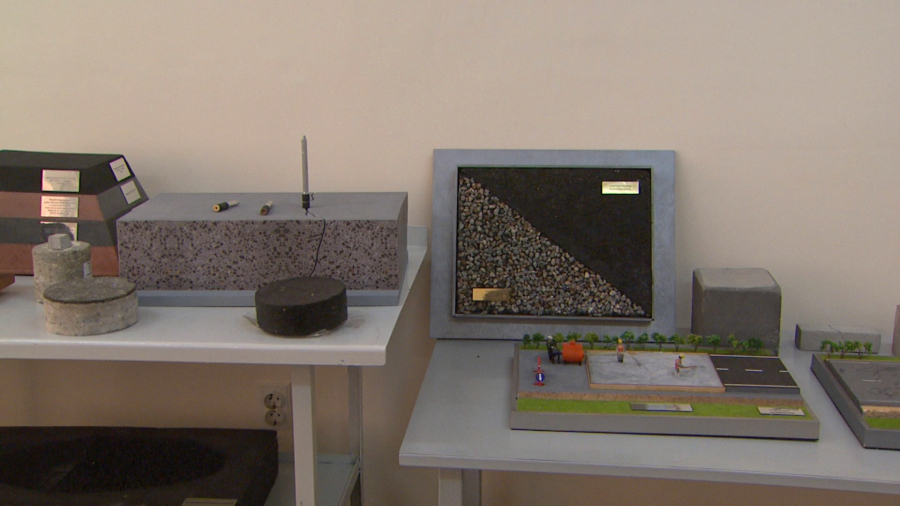
Kazakhstan is committed to
developing green agriculture. To achieve this, the country plans to cleanse its
agricultural lands of pesticides. Domestic experts are exploring safe
technologies at an international conference in Almaty. The Food and Agriculture
Organization of the United Nations (FAO) experts are sharing their experience
and innovative methods not only with Kazakhstan but also with other Central
Asian countries. Foreign scientists have highlighted that Kazakhstan has been
implementing a project on bio- and phytoremediation of contaminated soil in its
regions for the third consecutive year. Before beginning the work, a land
survey was undertaken, examining around a thousand sites. Of these, 160 were
found to contain outdated chemical substances. For their recovery, it was
proposed to use purification with the application of microorganisms. This is a
natural and environmentally friendly method of removing pollutants. Experts
note that green technology can also aid in soil remediation. As a result, this
will stop the agricultural land degradation and help boost Kazakhstan’s
grain production.
“And this technology is quite
new, but we cannot say quite new, because this is nature solution. It means, our nature
is absolutely, how to say, impressive because they are solving the problems.
And in Kazakhstan, in Kyrgyzstan, in other countries of Central Asia, through
this project that we are implementing now, we are promoting this type of
technology. And, in Kazakhstan, there is already several action, there are
progress,” said Tania Santivanez, Agriculture Officer at the FAO Regional
Office for Europe and Central Asia.
“The main idea of our conference
today is to raise attention about the side effects of using the pesticides in a
not correct or adequate way. The main idea of FAO, we are promoting the sustainable
agenda of using the agricultural inputs. Another benefits of using
biopesticides is that you are contributing to the sustainable management of
soils, so you are protecting the soils, you are protecting the microorganisms, because
we need to understand that soil is a living thing, it means that it affects the
health of people as well,” said Zhanyl Bozayeva, FAO Program Coordinator In
Kazakhstan.









